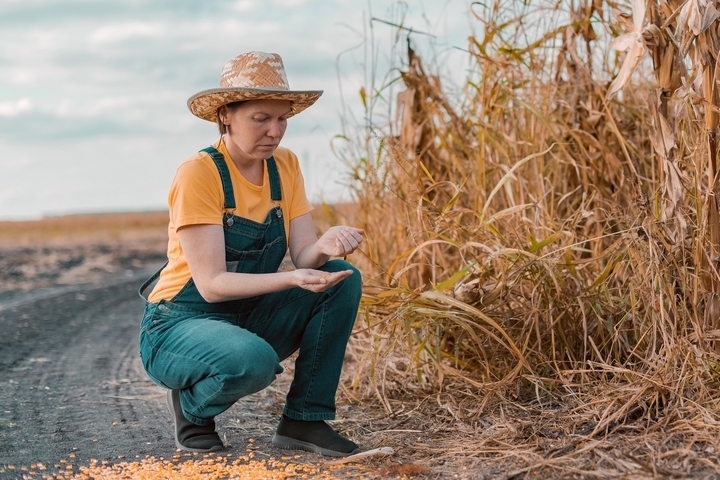
Like other professionals, farmers are faced with responsibilities that they must fulfill to sustain their farms and emerge victorious in the field. Many people may consider farming a less demanding career until they actively engage with it.
Although it requires fewer educational qualifications than other professions, such as accounting and finance, farming involves different responsibilities that, if not undertaken correctly, can lead to poor production.
Below is a list of farm responsibilities to prepare you as an upcoming or developing farmer.
Responsibility #1: Cattle Waterers
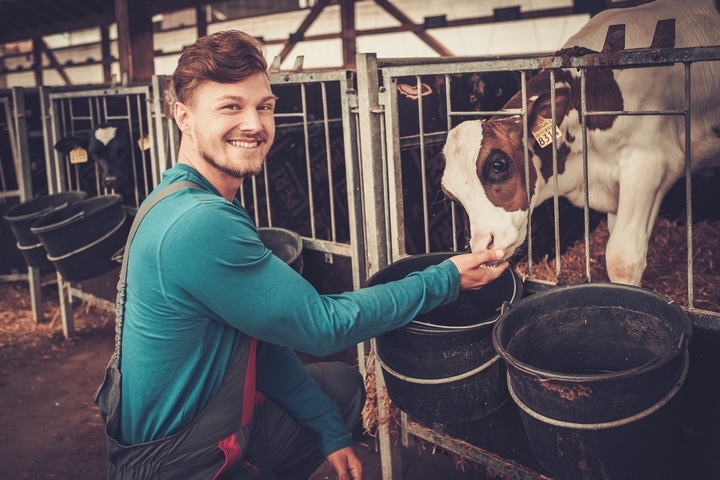
Among the many types of farming is livestock keeping which involves managing animals raised for hides, milk, or meat. When you become a cattle farmer, you indirectly become a cattle waterer as you must provide water to your livestock. It may appear simple, but it goes beyond just filling the water troughs with water.
As a farmer, it’s your responsibility to provide cattle waterers for the livestock, ensuring that they are always clean and refilled with enough fresh water. You should also keep a record of how much water the cattle are consuming per day or weekly.
Responsibility #2: Growing, Monitoring, and Harvesting Crops
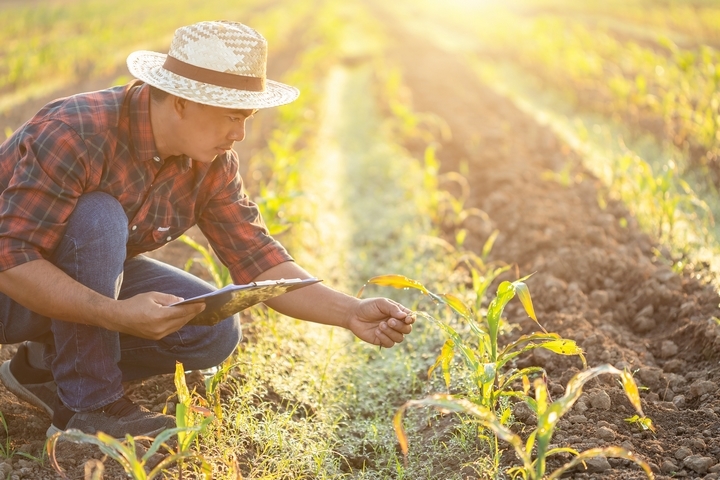
Another significant farm responsibility for farmers is growing, monitoring, and harvesting crops. If you’re a crop farmer, you must develop a specific or a combination of crops of your choice and care for them across different germination stages. For instance, during the seedling phase, enough irrigation is required, accompanied by uprooting weeds as the crop develops.
When your crops mature, you can harvest their products to be consumed domestically or sold to customers in different markets. You cannot be termed a successful crop farmer without visible evidence of your work- quality harvested crops.
Responsibility #3: Operating, Maintaining, and Repairing Farm Machinery

The farming sector involves plenty of machinery for different purposes, such as tractors for harvesting, plowing, or spraying, irrigation systems and trenchers for digging, spreaders for distributing fertilizer evenly, tillers for removing weeds, mowers for cutting grass, and balers for gathering and compacting crops.
A farmer’s responsibility is to understand and operate every machinery to perform its required purpose effectively. A farmer should also maintain the machinery for great functionality while eliminating risks of failure and breakdowns. Once they break down under different situations, it’s the responsibility of the farmer to repair or replace them for continued operation.
Responsibility #4: Record Keeping
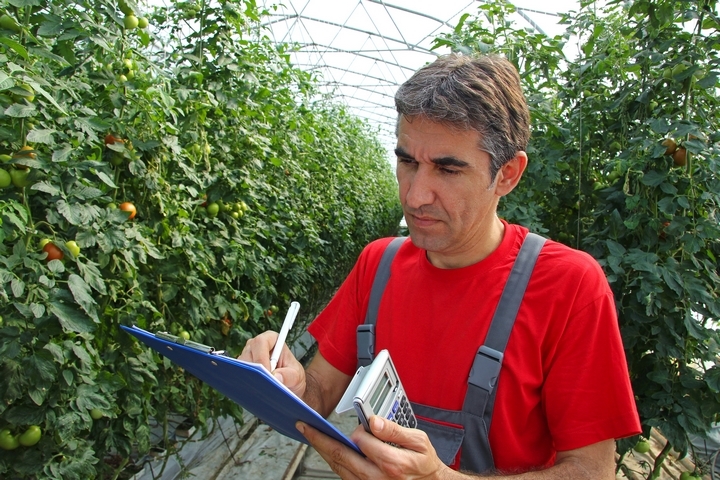
Like other professionals, farmers are responsible for record-keeping regarding different farm products, purchase of supplies, employee turn-out, and more. The local council of farmers and government also provides various permits and certificates to prove the legality of operations.
These certificates and licenses must be documented well for future reference. It would help if you also recorded your crops or animals’ health, production rate, and financial transactions.
Responsibility #5: Herding and Feeding Livestock
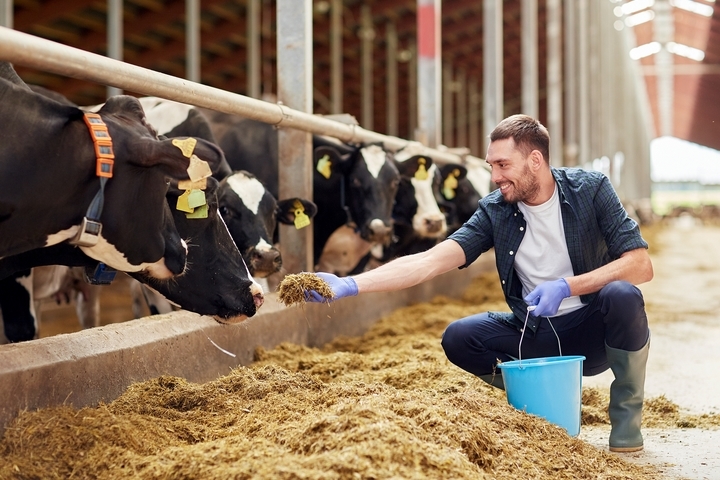
Another farm responsibility, especially for livestock farmers, is herding and feeding the animals. Once you’ve chosen to become a livestock farmer, you’re naturally tied to ensuring the animals are fed and looked after to avoid losing them to thieves and prevent them from ruining people’s properties.
Furthermore, you must provide the animals with stable and clean housing, free from the effects of adverse weather. Remember to undertake various healthcare programs for your livestock and adhere to the advised nutrient requirements, feeding quantities, and vaccines.
Responsibility #6: Purchasing Farm Supplies
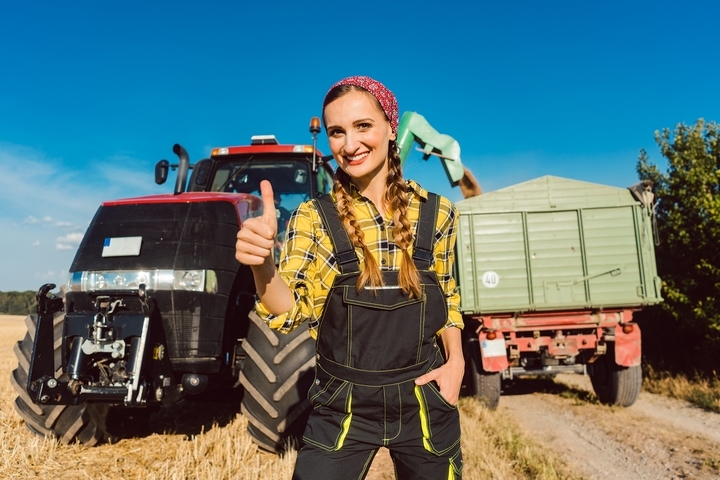
As a farmer, plenty of farm supplies are waiting to be purchased to facilitate smoother operations. For crop farmers, you must buy seedlings, irrigator systems, fertilizers, construct barns, pesticides, seeds, herbicides, harvesters, farming machinery and tools, and a lot more than you can imagine.
Animal farmers aren’t left behind either, as they must purchase animal feeds, construct barns, water troughs, protective gear, veterinary supplies, first aid supplies, chemicals, and supplements.
Responsibility #7: Managing Farm Financials
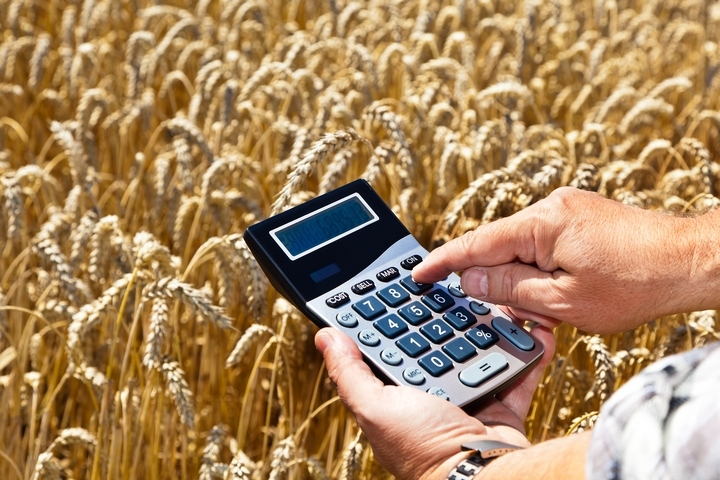
Whether farming on a small or large-scale, there are some financial details that a farmer must get hold of and manage to avoid falling into debts and financial constraints. For instance, a domestic farmer must monitor how much capital they have invested in their farm to evaluate if the harvest is worth the sacrifice.
Managing farm financials is quite complex for commercial farmers as they must budget for production costs, monitor the utilities, and purchase equipment. Commercial farming may also involve loan repayments, which must be managed well. Remember to plan for your taxes, analyze wages and salaries, manage the cash flow, keep a sales record, and assess them to prepare for various financial risks.
Responsibility #8: Marketing and Selling Farm Products

After months of growing, monitoring, and harvesting crops or rearing, caring for, and breeding animals, it’s time to enjoy the fruits of your farm labour- selling the products. As a farmer, you’re responsible for marketing and selling your farm products to different markets.
Therefore, you must know about the latest marketing trends and analysis to achieve the best out of your products. The good thing is that there are plenty of marketing techniques for farm products, including TV ads, YouTube ads, influencer collaboration, or through social media accounts.
If you’ve been seeking to become a farmer or undertake a course in the field, but you don’t know what responsibilities to prepare for, you have a good number. However, farming takes more than that; you must be self-determined and disciplined to succeed. You can undertake a short farming course specializing in a specific farming type for more desirable outcomes.









